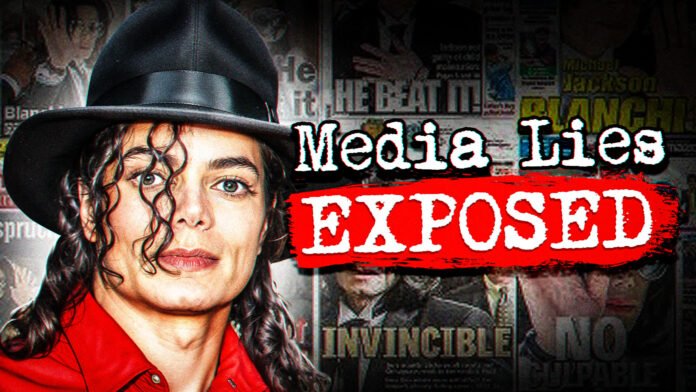They called him a liar. They mocked his appearance. They pushed baseless claims for decade. But here’s what they don’t talk about: Michael Jackson was right all along. So why has nobody ever apologized to him?
It’s been over a decade since Michael Jackson passed away, but the injustices against him still echo loudly. The King of Pop was more than a music icon—he was a man who endured relentless scrutiny, bullying, and accusations. Time and time again, the truth proved Michael right. And yet, where are the apologies? Why haven’t the media, his critics, or even his peers come forward to admit they were wrong? Today, we’re diving deep into this question and exposing the real reasons why nobody has ever apologized to Michael Jackson.
Michael Jackson spent much of his life fighting for his reputation. Despite his incredible contributions to music, dance, and humanitarian causes, he became a target for ridicule and misinformation. But even when the facts vindicated him, the world remained silent. Let’s break it down, one example at a time.
Example 1: The Vitiligo Revelation
In 1993, during an emotional interview with Oprah Winfrey, Michael revealed he had vitiligo—a condition that caused his skin to lose pigmentation. This wasn’t just a random statement; it was a deeply personal confession about a health issue he had no control over.
But instead of understanding, the world doubled down on its cruelty. They called him a liar, accused him of bleaching his skin, and ridiculed him endlessly. Tabloids made him their favourite punchline, painting him as a man desperate to erase his Black identity.
Here’s the kicker: when Michael’s autopsy report was leaked after his death in 2009, it confirmed he had vitiligo. It was there in black and white, undeniable proof that he’d been telling the truth all along.
But where were the apologies? Did the media retract their years of cruel headlines? Did his critics admit their mistakes? No. Instead, they moved on to the next story, leaving behind a trail of damage they never sought to repair.
Example 2: The Relentless Media Bullying
Michael Jackson wasn’t just criticized—he was bullied. From the moment he transitioned from child star to adult artist, the media made him their target. Every aspect of his life became fodder for headlines, often with little regard for truth or decency.
Imagine opening a magazine and seeing yourself described as “Wacko Jacko”—a term that’s now widely acknowledged as racist. Imagine reading claims that your nose is falling off or that you’re living in a hyperbaric chamber.
This wasn’t harmless gossip; it was a campaign of humiliation. And let’s be clear: if this kind of treatment happened to another celebrity today, the backlash against the media would be swift and unforgiving. But Michael? He never got that protection. Instead, the ridicule continued, even after his death.
So why hasn’t the media been held accountable? Why do they still use terms like “Wacko Jacko” when reporting on him, knowing full well how offensive and damaging it is?
Example 3: The “Leaving Neverland” Debacle
In 2019, the so-called documentary Leaving Neverland showed Michael Jackson in a very bad way. But here’s the thing: the entire narrative fell apart almost immediately.
One of the accusers claimed abuse happened in a train station that didn’t even exist during the time he mentioned. The documentary’s director admitted this glaring timeline error, but by then, the damage was done. Celebrities and the media had already rallied behind the film, ignoring the fact that the accusers’ previous cases had been dismissed in court for lack of evidence.
Even as the mistakes kept adding up, no one ever apologized. Sure, some people quietly returned to supporting Michael—attending his musicals or covering his songs—but how many of them publicly said, “We were wrong”?
The truth is, admitting they were wrong would mean confronting their own biases and complicity in tearing down a man who was already broken. For many, it’s easier to stay silent.
Example 4: The “Baby Dangling” Incident
In 2002, Michael Jackson made headlines for an incident in Berlin, where he briefly dangled his infant son, Blanket, over a hotel balcony to show him to fans. The media erupted, accusing Michael of endangering his child.
What the headlines failed to show was the context. Michael later explained that it was an impulsive act driven by excitement and that he’d never intended to harm his child. Still, the narrative was set: Michael Jackson was an unfit father.
The backlash was relentless, but here’s what’s interesting: other celebrities have done far worse without facing nearly the same level of scrutiny. Michael’s actions may have been unwise, but they were hardly malicious. Yet, the media treated him as though he’d committed a crime.
Did anyone ever retract their statements or acknowledge that they’d blown the incident out of proportion? Of course not.
Example 5: The 1993 Allegations
In 1993, Michael Jackson faced one of the darkest moments of his life when he was accused of child abuse. This was the first major allegation against him, and it sent shockwaves around the world. The case never went to trial. Instead, Michael made the difficult decision to settle out of court. At the time, he explained that he wanted to avoid a long and painful legal battle, especially for the sake of his health and career. But years later, Michael admitted that he regretted settling because it created the false impression that he was guilty.
What many people don’t know is the disturbing backstory behind these accusations. The boy’s father, Evan Chandler, had a questionable history, including extortion attempts. Even more shocking, years after Michael’s death, the boy, Jordan Chandler, came forward and revealed the truth. He admitted that Michael Jackson never sexually abused him. Jordan said his father had forced him to lie, manipulating him into making the false accusations in the first place.
Despite these revelations, the media never truly corrected their mistakes. They had spent years portraying Michael as guilty, feeding into sensationalism and public frenzy. Did any of the news outlets that spread these lies apologize? Did the journalists who contributed to tarnishing Michael’s name ever step forward to acknowledge the harm they caused? Sadly, the answer is no.
This tragic chapter of Michael Jackson’s life serves as a powerful reminder of how damaging false allegations can be—and how the truth can remain buried under the weight of public opinion and media bias.
Example 6: The Pepsi Commercial Incident
In 1984, Michael Jackson was at the height of his career when a horrific accident changed his life forever. While filming a Pepsi commercial, a pyrotechnic malfunction caused his hair to catch fire, resulting in second and third-degree burns to his scalp. The incident was not only physically excruciating but also emotionally devastating. Michael’s injuries caused long-lasting pain that he dealt with for the rest of his life, leading to his reliance on prescription medicine to cope with it.
The accident itself was widely reported at the time, but what often gets ignored is how the media exploited Michael’s suffering in the years that followed. His use of painkillers, which started as a medical necessity to cope with his severe injuries, was repeatedly framed as a sign of personal weakness or an “addiction problem.” The media focused on this story, calling Michael a “troubled” person instead of someone struggling with the effects of a traumatic event and severe pain.
Pepsi, the company behind the commercial, never publicly apologized for the accident, despite the life-altering impact it had on Michael. To make matters worse, the media never took responsibility for perpetuating harmful stereotypes about his health struggles. Instead of showing compassion or understanding, they chose to sensationalize his pain, fueling a narrative that followed Michael for the rest of his life.
Example number 7: The 2005 Trial
The 2005 trial was one of the most publicized and gruelling legal battles in history. Michael Jackson faced accusations of child abuse once again, and the media wasted no time in turning the trial into a spectacle. For months, they portrayed him as guilty, sensationalizing every detail and feeding the public a narrative of guilt before the trial had even reached a verdict.
But when the verdict finally came, the truth was undeniable: Michael Jackson was acquitted on all charges. The jury found him not guilty, with several jurors later stating that the evidence presented against him was weak and unconvincing. The case was based on weak and unclear stories, but the media made it seem like Michael was definitely guilty.
Despite his complete acquittal, the damage to Michael’s reputation was devastating and irreversible. The same media outlets that had spent months tearing him down didn’t show the same energy in reporting his innocence. The headlines announcing his not-guilty verdict were small and buried, and the retractions for the months of biased coverage? Non-existent. Apologies from those who had publicly vilified him? Nowhere to be found.
This trial wasn’t just a legal battle; it was a turning point in Michael’s life. While he had won in court, the relentless negativity and sensationalism of the media had taken a toll on his spirit, his health, and his public image. It’s a painful reminder of how the court of public opinion, fueled by media bias, can leave scars even after the truth is revealed.
Michael Jackson’s life shows us how powerful media can be, both for good and harm. For years, false stories, prejudice, and lies shaped how the world saw one of the greatest artists of all time.
But this isn’t just about Michael—it’s about accountability. If the media and his critics could ruin his reputation without facing any consequences, what does that say about our society?
An apology might not undo the damage, but it would mean admitting the wrongs that were done. It would be a small step toward justice. So why has no one apologized to Michael Jackson? Is it pride? Fear? Or just the refusal to admit they played a part in hurting someone who wanted nothing more than to spread love and hope through his music?
Here’s the truth: it’s never too late to do the right thing. Michael’s legacy deserves honesty. Even though he’s no longer with us, his fans—and history—deserve the truth. Acknowledging what happened wouldn’t just honor Michael; it would remind the world to do better.


